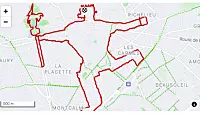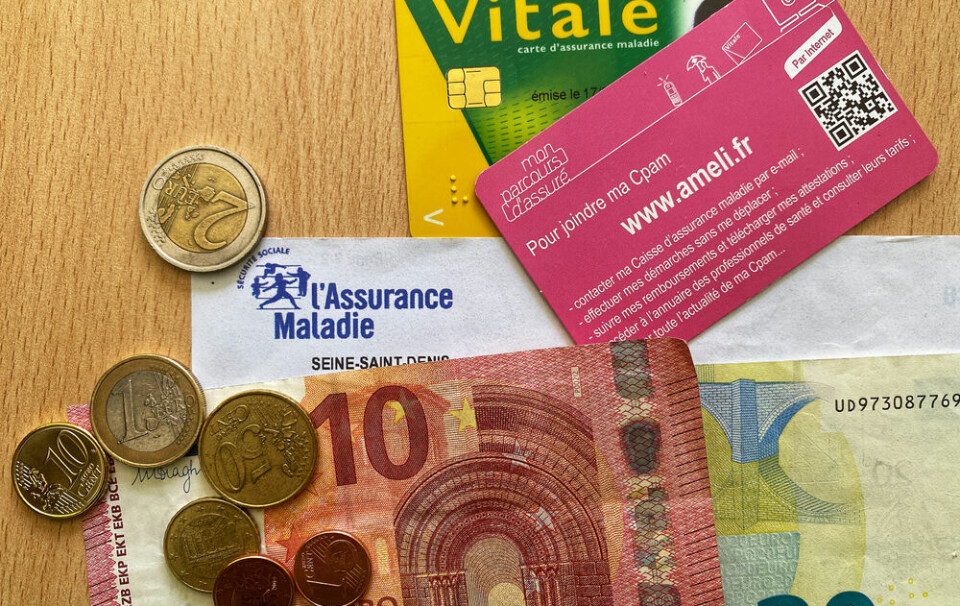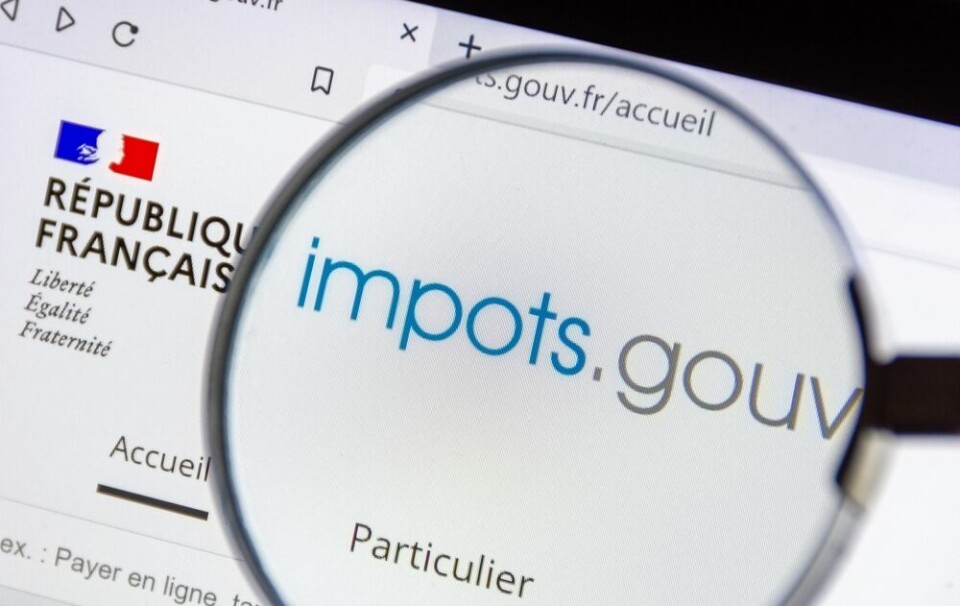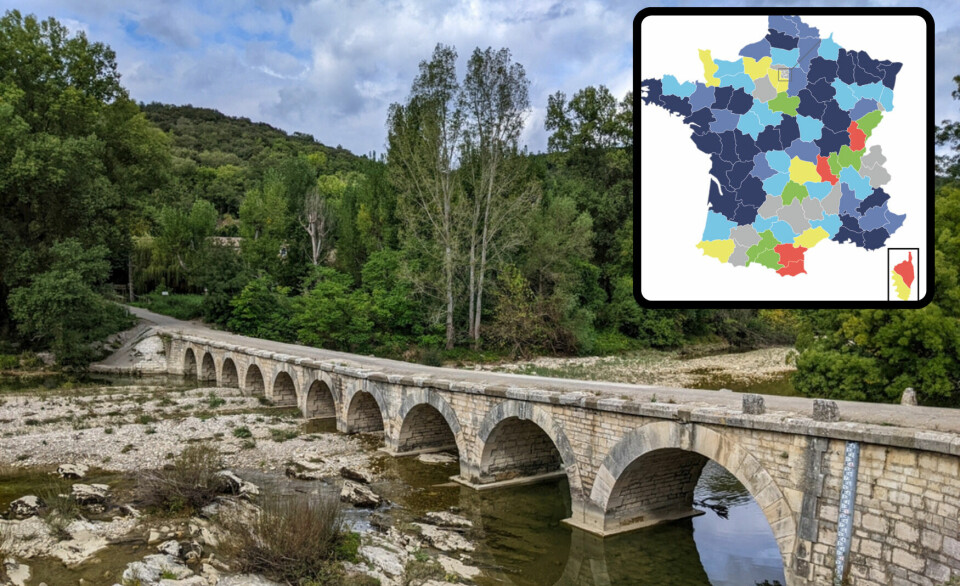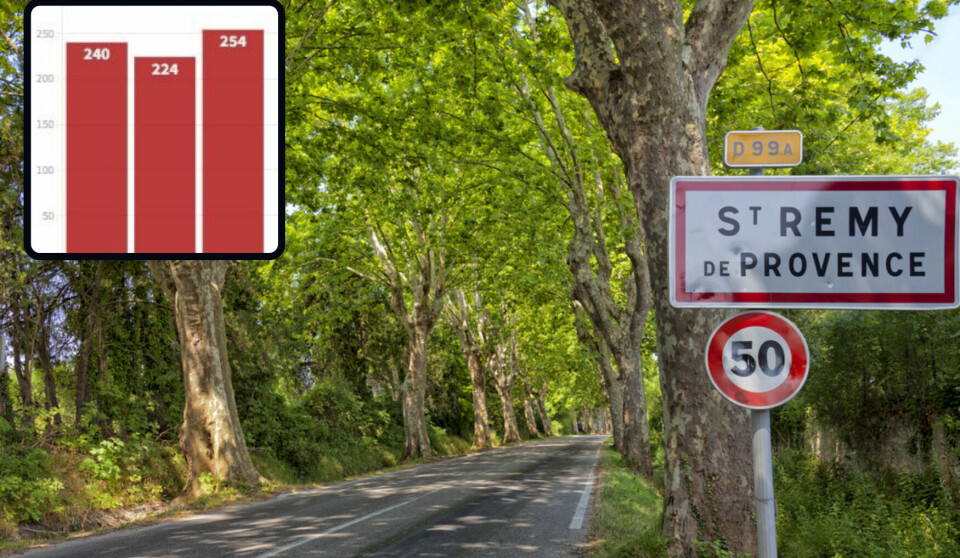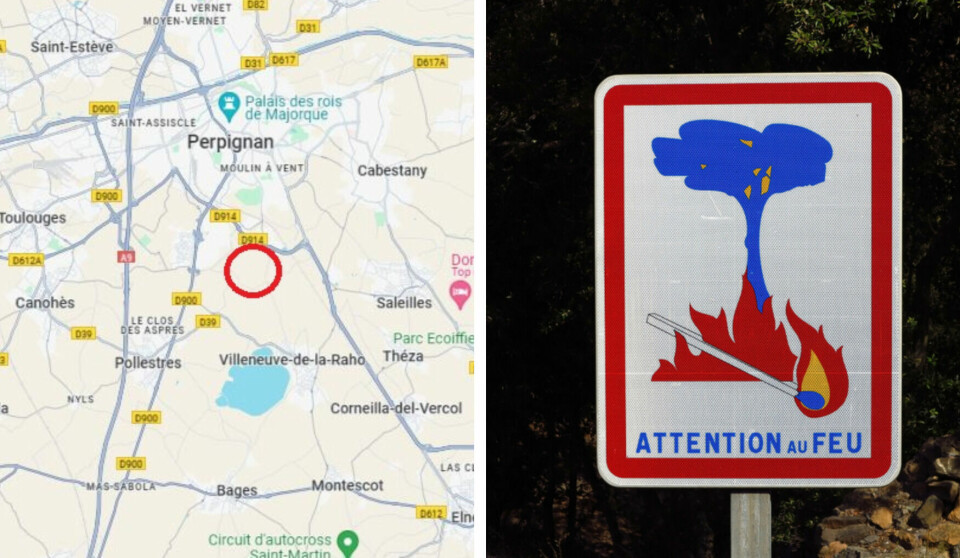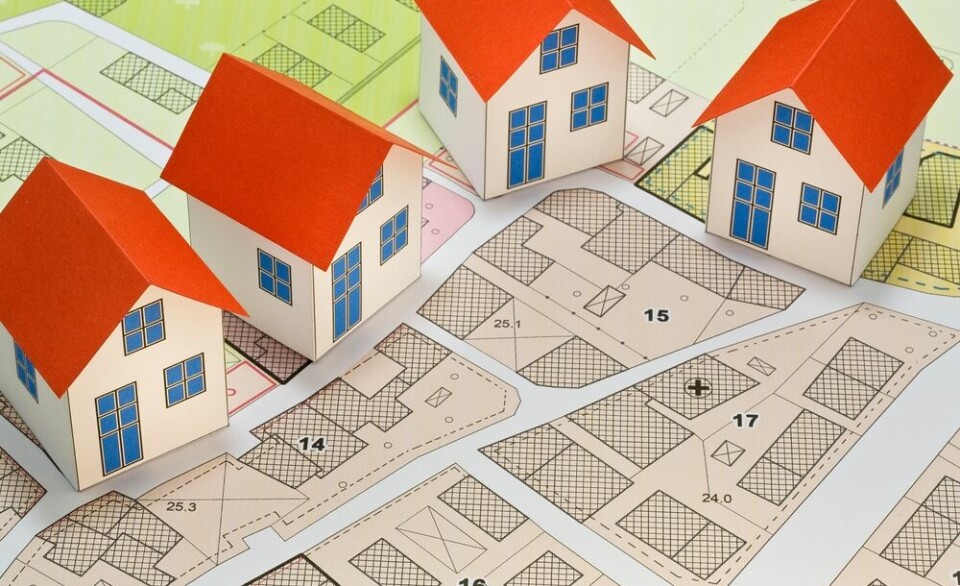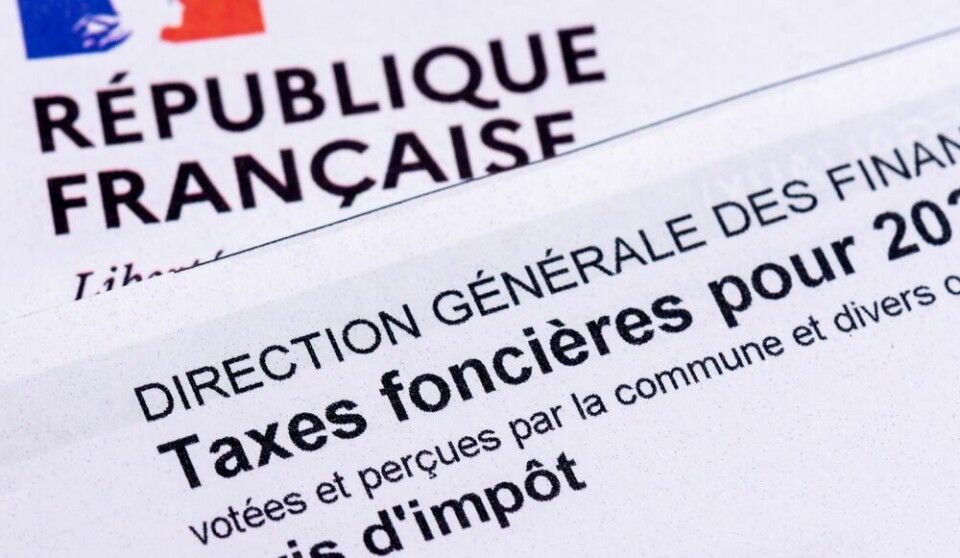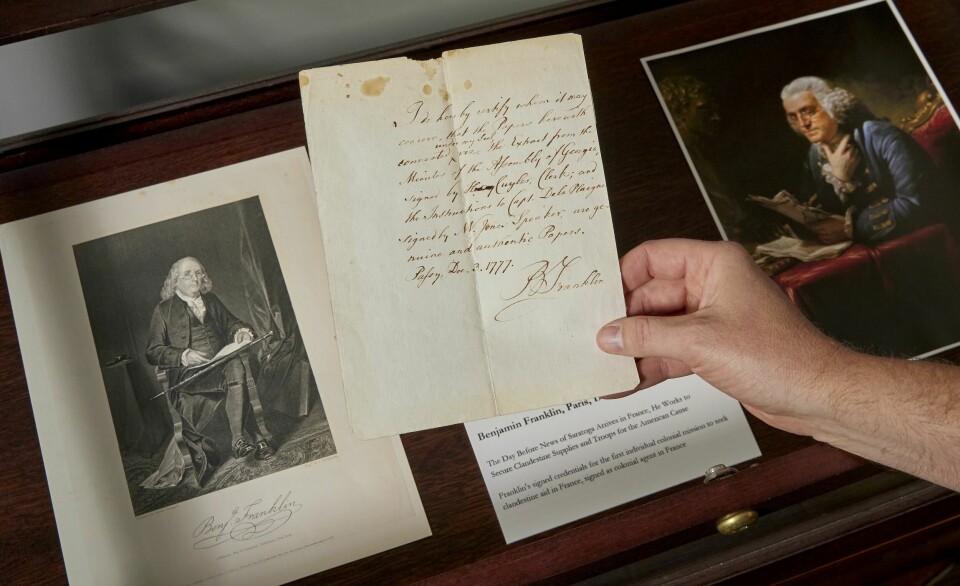-
Russia - but not Putin - to be part of D-Day commemorations in France
Russians who contributed to the Allied victory should be honoured without ‘outcast’ president, a Russian history expert says
-
Jogger draws tribute image to Paris Olympics with their running route
It comes as new tickets go on sale to mark exactly 100 days until the Games begin
-
Eagle attacks and injures paraglider mid-flight in Savoie, east France
The attack, which lasted for 13 minutes, left the man in need of stitches and surgery
Callers often cannot reach key public services in France
Calls go unanswered with people without a high level of French and older residents particularly disadvantaged
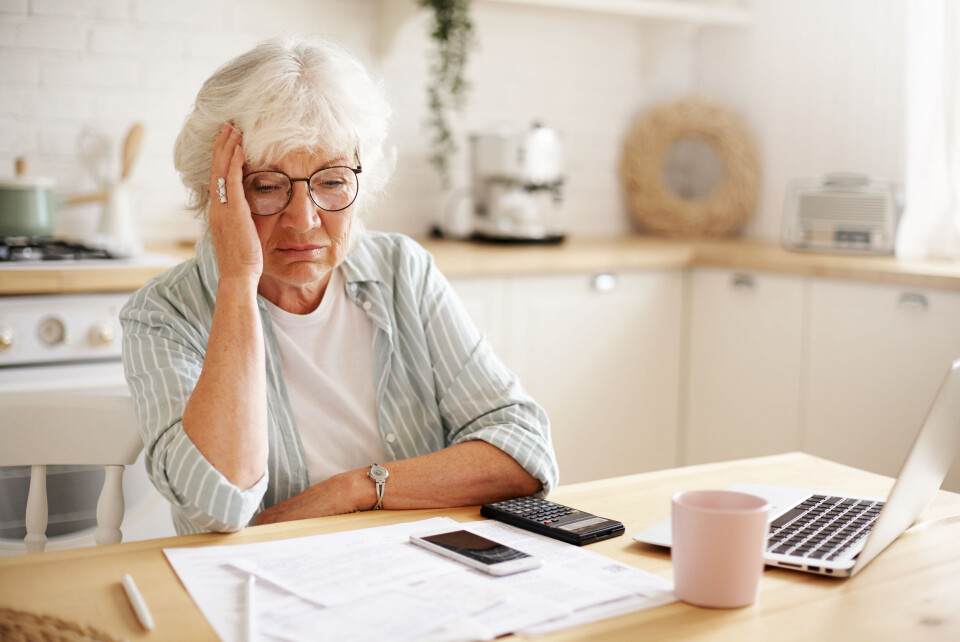
Important public services in France are too often unreachable by phone and people who do not speak French well are among those especially affected, a consumer association has said.
The association 60 Millions de consommateurs, In a joint study with the Défenseure des droits (see below), found that phone calls to crucial public services often go unanswered and even those that are answered are often unable to provide precise answers to questions.
Co-author of the study, journalist Lionel Maugain, told AFP: “Unfortunately, people who are not comfortable with the internet have difficulties accessing information about their rights.”
He said that this especially concerned older people, people in precarious economic situations or who do not speak French fluently.
The study looked at 1,532 calls made, between September 26 and November 10, 2022. Callers represented one of three types of users:
-
One without internet
-
One with internet but with poor French
-
One older person with internet
The study also had a ‘control’, which was someone of average age (neither particularly young or old), with internet access, and fluent spoken French, to see if they received any difference in treatment or access.
Some positive changes were noted since the last study of this kind in 2016. For example, calls were no longer overcharged and most call responders were polite. No major discrimination against callers, or their origins, was noticed.
Read also: French public services: ‘We cannot impose smartphone use on everyone’
Assurance maladie
The results showed that l’Assurance maladie was among the worst performers.
Of 302 calls made about how to renew a Carte vitale, 72% were not answered (three unanswered calls, with more than five minutes of waiting time each). Only 22% of calls resulted in “an acceptable response”, and less than 5% resulted in “precise answers”, said Mr Maugain.
Read also: Healthcare explainer: How France’s new e-carte Vitale will work
Caisse d’allocations familiales (CAF)
Of 408 calls about family housing, 54% went unanswered. And, of the calls that were answered, they mainly either provided inconclusive answers or told callers to go online. Only a minority of responders suggested that the caller make an in-person appointment or arranged for a paper form to be sent.
Mr Maugain: “Solutions exist, but they are very rarely offered. This plunges users into disarray and may even end up with them unable to access their rights.”
Pôle emploi
The unemployment agency fared best when it came to answering calls, with 84% answered. However, these still resulted in less-than-precise answers to most questions, the study showed.
Caisse d’assurance retraite
Here, 72% of calls to this pension body were answered. However, questions about the possible age that the caller could retire (before any reforms) were not forthcoming in the overwhelming majority of cases.
Post-pandemic struggles
Many of the agencies said that they had struggled to recruit enough call centre staff since the pandemic. For example, the Assurance maladie said that the number of calls it was now receiving had doubled compared to autumn 2019, to reach 3.2 million per month.
Claire Hédon, la Défenseure des droits, told RMC: "When you can't get an answer, you give up, that's what we call a failed call.”
Read also: What are France Services points and how can they help you?
Calls for counter services with people manning them
Ms Hédon is, along with 60 Million de consommateurs, calling for a law that would require public services to offer several methods of access, including the introduction of a local counter with a real-life representative from each organisation.
They are also calling for paper notices to be sent out for all notifications relating to rights, as well as no more use of jargon.
‘Galaxy of incomprehension’
Mr Maugain added that agencies must "adapt to the user and not the other way round…because even if you have the Internet, you can run into problems, and find yourself in a galaxy of incomprehension.”
The problem is even more serious in the context of the 15% of people in France who do not have internet access at home and the 28% who are not capable of finding what they need online.
Even some young people struggle to do this, and the problems are not only a concern for older people, the association said.
The ‘digitisation’ of many public services in France has long attracted controversy and detractors. Ms Hédon has repeatedly called for internet processes for public services to remain “an extra” to paper and phone options because older people and foreigners without high levels of French can struggle online.
Early last year, Ms Hédon said in an interview: “Digitising services is good for many people because it simplifies things but it is not good for everyone.”
Read more: Digitisation of French public services ‘makes life harder for many’
Around 250 services deemed ‘essential for daily life in France’ are available online, including everything from declaring taxes, to voting from overseas, signing up for collège or lycée, or asking for permission to cut down trees.
But one year ago, Ms Hédon’s office published a report in which she warned that the digitisation of public services creates inequality of access.
The report called digitisation “an attack on the principle of equal access to public services” and said that “there are some people for whom it makes life harder, and it becomes an obstacle”.
“It risks endangering our sense of social cohesion, our common belonging, and runs the risk of weakening democratic participation, in all its forms”, it said.
What is the French ‘Defender of Rights’?
La Défenseure des Droits is the head of the authority that, as the name suggests, seeks to defend the rights and freedoms of the population when it comes to equality, ethics, and security.
It is an independent, administrative, ombudsman-style body that has the power to investigate public complaints over instances where they felt their rights or legal freedom were compromised.
It exists to defend individual rights when it comes to public service users, children’s rights, observance of ethics by bodies such as the police, anti-discrimination laws, and protection for whistleblowers.
It can make recommendations for solutions, including for training, and for changes in the law.
The titular Defender is appointed by the President of the Republic, but receives no orders from the government.
Claire Hédon is a journalist and lawyer who was appointed to her current role in 2020. She was preceded in the role by French politician Jacques Toubon.
What have your experiences been with accessing public services online in France, good or bad? Let us know at news@connexionfrance.com.
Related articles
‘France should stop rush to put essential public services online’
Internet in rural France: New study shows how bad it really can be

